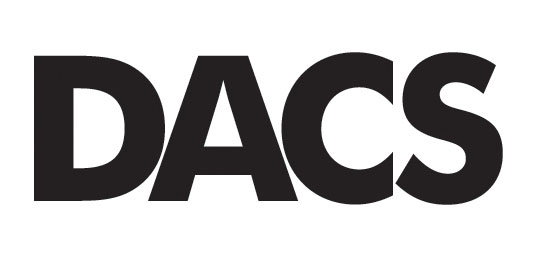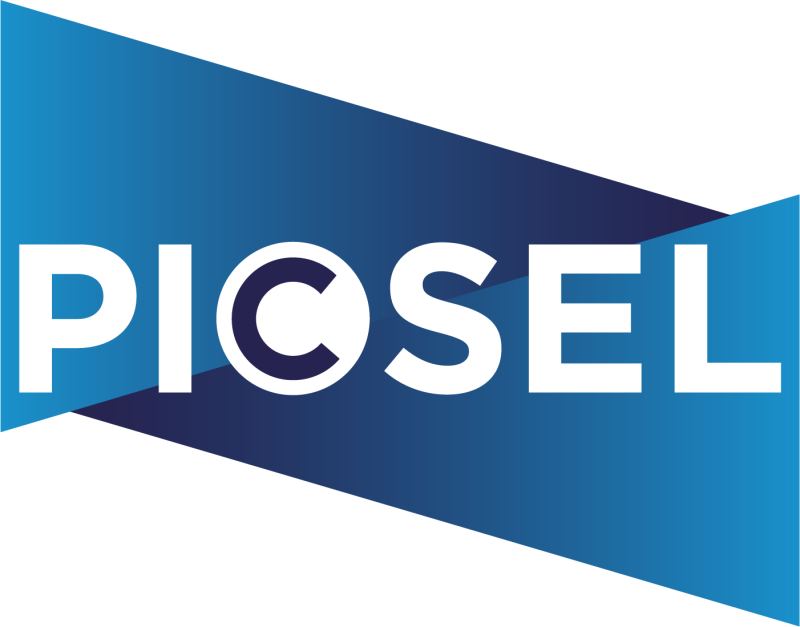Scoop is a collaborative, cross industry solution to sustain news journalism in the UK.

Freelance journalists in the UK currently earn less than the national living wage, with the majority receiving nothing for secondary uses of their work online. This makes sustaining a career difficult, particularly for those from underrepresented communities.
SCOOP aims to reset that imbalance by ensuring that UK freelance journalists receive their due share of the online revenues generated by the secondary use of their works, and creating new funding for training and development schemes.
SCOOP provides the mechanism to develop mutually beneficial collective agreements between the representatives of freelance journalists and those companies securing commercial returns from the online secondary use of their works.
SCOOP will:

SUSTAIN freelance journalism and remunerate creators.

Facilitate a COLLABORATION between creators and technology companies.

FUND projects to support, train and develop journalists particularly those from underrepresented backgrounds.
SCOOP presents a practical and useful opportunity to address the exploitation of freelances, many of whom have had their skills, time and work undermined. It is increasingly difficult for freelances to earn a living in an environment where their work is stolen or misused, forcing journalists and creatives out of the industry. SCOOP aims to provide a unique collective mechanism to channel funding back to freelances so they can sustain their careers.
National Union of Journalists General Secretary
The Problem
In an era of deep fakes and misinformation, credible, reliable news content has never been more important to democracy and society, yet many journalists are struggling to establish and sustain their careers. In recent years, fundamental changes to the way that news content is accessed, distributed and consumed online, through ‘secondary-uses’ such as ‘news scraping’ and generative AI training, has seen a significant transfer of value away from publishers to platforms and other tech companies.
The consequent squeeze on publishers’ funds has seen mass UK redundancies with 2,681 journalism jobs lost in 2023, up 48% from 2022. This increases an already significant reliance on freelance journalists who, according to research from the Centre for Regulation of the Creative Economy (CREATe), earn on average less than the national living wage, with the vast majority receiving nothing for secondary use online. This pay deficit makes sustaining a career difficult for many, particularly those from underrepresented communities.
The existing, piecemeal agreements between publishers and tech companies for secondary use fail to address the rights that freelance journalists hold in their content, creating legal uncertainty. Recent analysis estimates the value of payments due to freelance journalists is in the hundreds of millions.
The Solution
SCOOP offers a ‘one-stop shop’ for scalable rights clearance and payments distribution alongside opportunities for partnership in funding initiatives to train and develop journalists, particularly those from underrepresented backgrounds. This voluntary approach is designed to operate within the existing regulatory environment.
In the platform age, it’s only fair that creators are fairly rewarded for their work and not just the platforms that profit from it. Labour is proud of our country, and the journalists who report on our daily life. They have a crucial job in holding us to account, and a special trusted place in the life of the nation. We will always be committed to ensuring a sustainable, secure future for our media.
op-ed in Journalism Matters, News Media Association, 2022
Who is involved?
SCOOP is a joint venture between the non-profit licensing agencies representing freelance journalists and photojournalists – ALCS, DACS and PICSEL and the National Union of Journalists (NUJ).
Who benefits?
The supplementary income freelance journalists and photojournalists receive for their secondary-use rights will help to sustain careers for both new and established freelancers.
Technology companies whose operations require the use of large volumes of content created and owned by freelance journalists will secure legal compliance through a one-stop solution providing licensing, payments distribution and partnership in projects to benefit the wider journalism community.
What next?
The Government has established the Digital Markets Unit to regulate the activities of large online players and is investigating further regulation around the use of content to train AI systems. SCOOP offers the opportunity for voluntary partnership agreements which operate within the current regulatory framework.
Want to discuss more? Get in touch.




